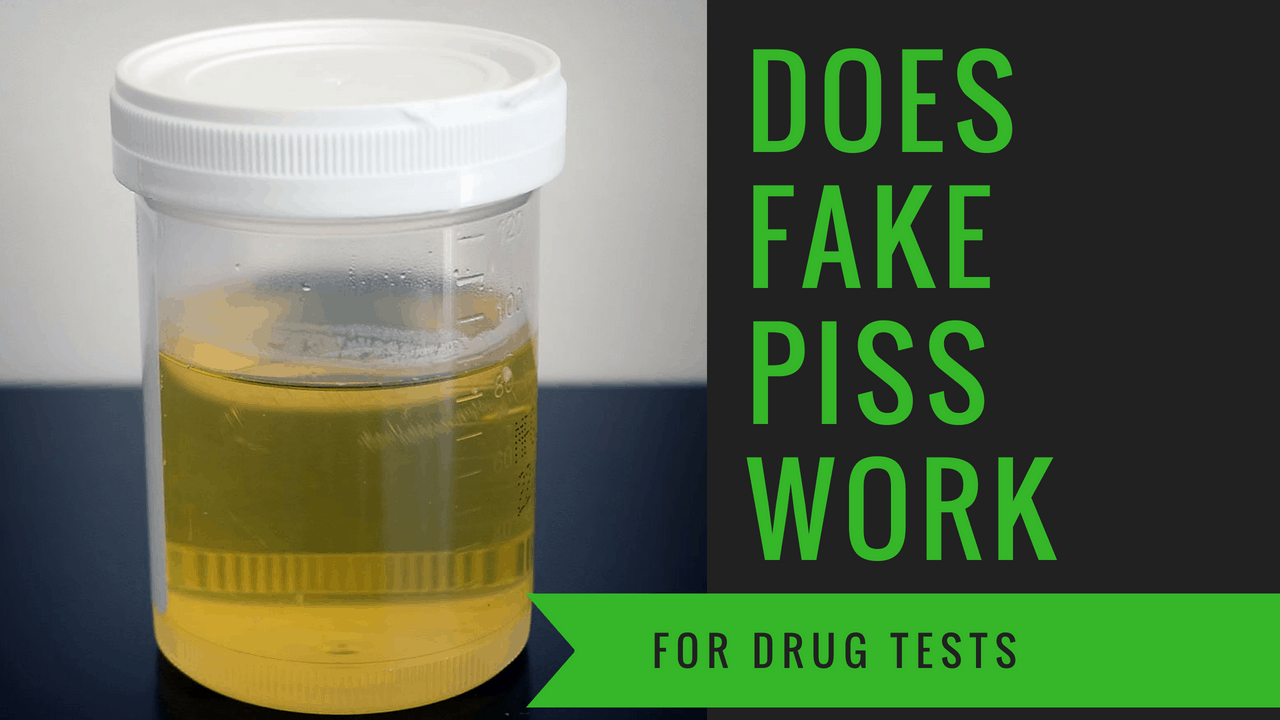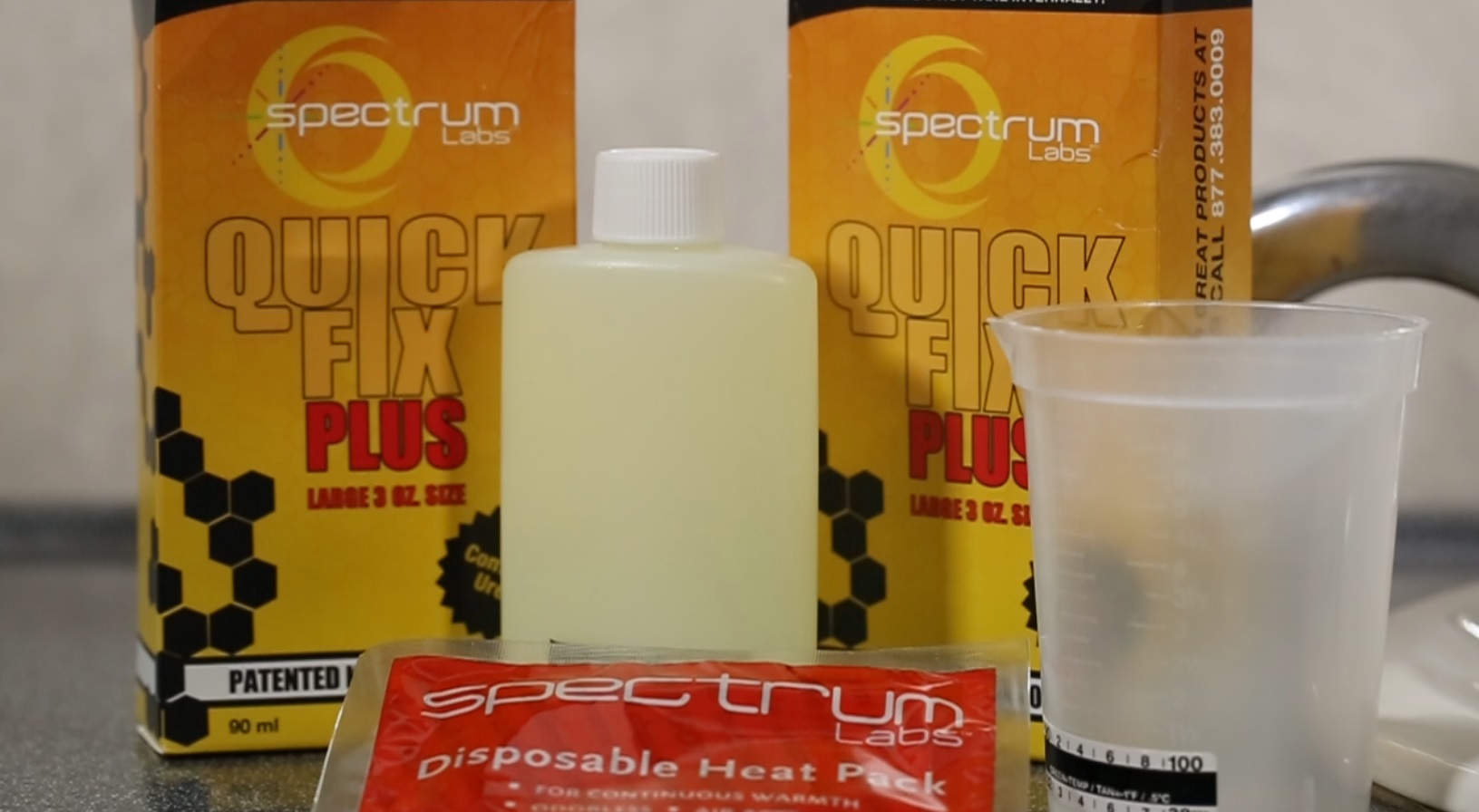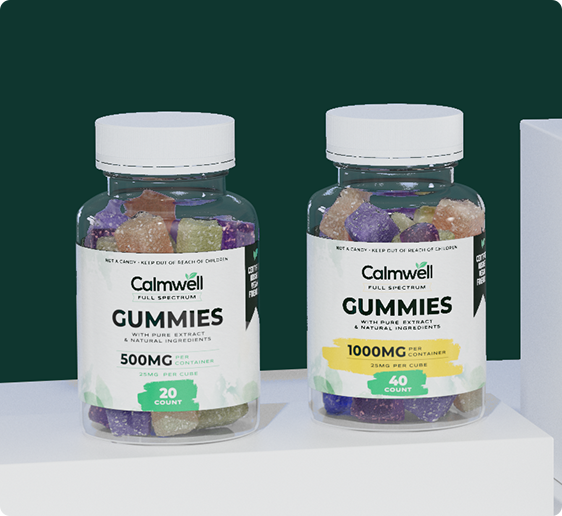In the realm of drug testing, synthetic urine has emerged as both a contentious and fascinating subject. As the name suggests, synthetic urine is a laboratory-created substitute for natural human urine. It’s primarily used to pass urine drug tests, offering individuals a way to potentially evade detection of illicit substances in their system. But how does synthetic urine work, and what makes it such a controversial tool in the realm of drug testing? Let’s delve deeper into this intriguing topic.
Understanding Synthetic Urine: Composition and Purpose
Synthetic urine is meticulously crafted to mimic the chemical composition and physical properties of natural human urine. It typically consists of water, urea, creatinine, pH balancers, and other organic and inorganic compounds found in urine. Manufacturers carefully formulate synthetic urine to closely resemble the characteristics of real urine, including its color, odor, specific gravity, and pH levels. This attention to detail is crucial for passing urine drug tests, as any deviation from the norm could raise suspicions.

The Role of Synthetic Urine in Drug Testing
One of the primary applications of synthetic urine is in drug testing scenarios, where individuals may seek to conceal the presence of illicit substances in their system. Drug tests often screen for various drugs, including marijuana, cocaine, opiates, amphetamines, and others. By substituting synthetic urine for their own urine sample, individuals aim to present a clean sample that will yield negative results, thus avoiding potential consequences such as job loss or legal repercussions.
Substituting Synthetic Urine: Techniques and Challenges
Successfully using synthetic urine to pass a drug test requires careful planning and execution. Individuals must ensure that the synthetic urine is within the appropriate temperature range, typically around 90 to 100 degrees Fahrenheit (32 to 38 degrees Celsius), as this is the temperature range of fresh human urine. Heating pads or hand warmers are commonly used to maintain the desired temperature until the sample is submitted for testing. Additionally, individuals must discreetly substitute the synthetic urine for their own sample without arousing suspicion.
The Legality and Ethics of Synthetic Urine Use
The use of synthetic urine raises significant ethical and legal concerns, particularly in contexts such as employment drug testing. While some argue that individuals have the right to privacy and autonomy over their bodies, others contend that the use of synthetic urine undermines the integrity of drug testing procedures and compromises safety in environments such as workplaces or schools. Furthermore, the sale and possession of synthetic urine may be regulated or prohibited in certain jurisdictions.
Challenges and Advances in Detection Methods
Despite advancements in drug testing technology, detecting synthetic urine remains a challenging task for laboratories. Manufacturers continuously refine their formulations to closely mimic the properties of natural urine, making it increasingly difficult for laboratories to differentiate between real and synthetic samples. As a result, some laboratories have implemented stricter protocols and additional screening measures to identify synthetic urine.

Conclusion
Synthetic urine serves as a controversial yet widely utilized tool in the realm of drug testing, offering individuals a potential means of circumventing detection of illicit substances in their system. While its use raises ethical and legal questions, advancements in formulation and detection methods continue to shape the landscape of drug testing. As technology evolves, so too will the ongoing cat-and-mouse game between those seeking to evade detection and those tasked with maintaining the integrity of drug testing protocols.

